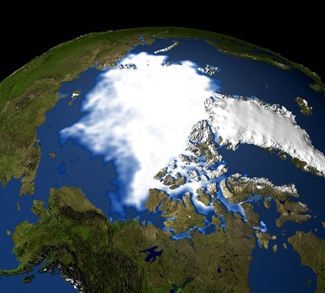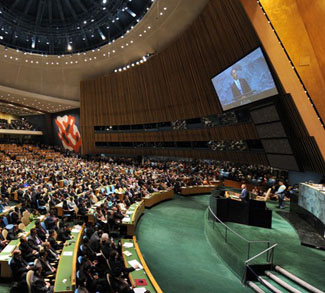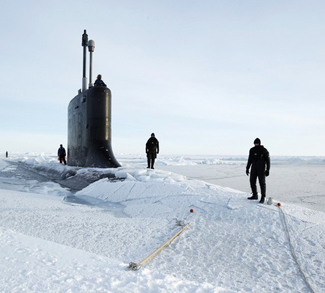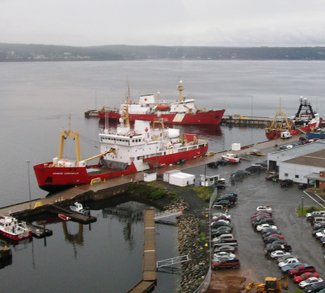The summit involves delegates from Russia, Norway, Canada, Denmark, and the United States. Since the UN Commission on the Limits of the Continental Shelf (CLCS) remains the ultimate legal arbiter on competing land claims between Arctic states, such summits are more geared towards laying the groundwork for potential co-development in the future. Most importantly, the summit could see some forward progress on a negotiated agreement between Canada and Russia on competing claims for the Lomonosov Ridge. Norway and Russia were able to end their border dispute in the Barents Sea by coming to an agreement last week.
The Arctic has become an extremely geopolitically important region, as a wealth of energy reserves are being made available as the ice recedes. While there is always a potential for armed conflict over the region, current signs seem to indicate that all parties involved favor a negotiated solution.
China is also trying to give itself some strategic space in the region. Beijing has used favorable foreign currency swaps and loans to Iceland in a fairly obvious tit for tat. Here’s an excerpt from the Barents Observer:
“A cornerstone in the cooperation is believed to be shipping opportunities in the Arctic. Iceland is located strategically in Arctic shipping lanes which are opening due to climate change and the subsequently ice melting…
It is absolutely clear that they are very keen to cooperate with Iceland and the other countries in the Arctic region on what is happening in the Arctic and the northern regions and also of what are the implications of the northern sea routes opening up over the next few decades.”




